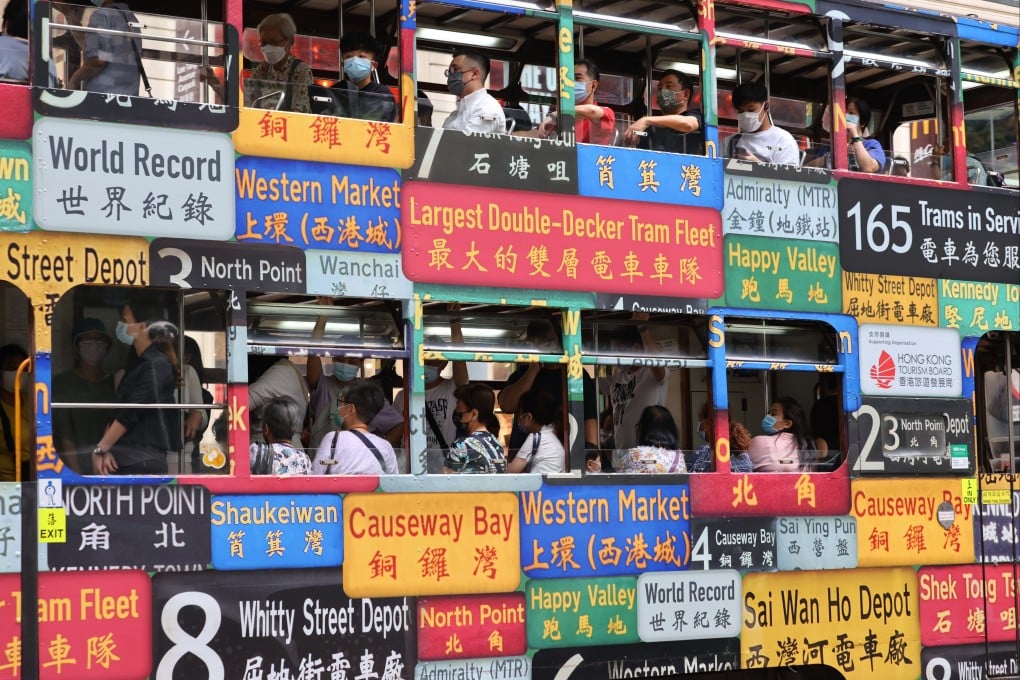Advertisement
Opinion | Hong Kong tourism needs more than a dedicated bureau to regain its lustre
- A lack of centralised decision-making and well-organised coordination at the highest levels on tourism is a pressing issue
- The measure of reform of the government’s structure should not be whether we have one more or one less bureau, but if the inherent problems can be solved
Reading Time:3 minutes
Why you can trust SCMP

Over the years, the Hong Kong government has on a number of occasions proposed a structural reorganisation in the hope of improving the effectiveness of its governance, with little success.
Given Hong Kong’s new political situation and governance model, the administration could easily obtain Legislative Council support to reorganise its structure. However, would this really bring about good governance?
In recent years, voices in the tourism industry have called for the establishment of a tourism bureau. The goal would be to independently handle tourism affairs and solve the problem of inconsistent or conflicting policies from multiple departments.
Advertisement
Beijing has successfully merged culture and tourism under the governance of one ministry, which seeks to promote everything from sightseeing, eating and shopping to the magnificence of Chinese culture.
It is now crucial to establish our own bureau of culture and tourism to enhance the industry in Hong Kong, which directly employs more than 250,000 people. Hong Kong’s tourism industry would still be in a strong position but for the twin stresses of social unrest and the Covid-19 pandemic.
The partnership between the Tourism Commission, the Travel Industry Council and the Hong Kong Tourism Board, led by the Commerce and Economic Development Bureau, has been successful in promoting tourism locally and globally. There is proven, strong leadership among the existing policy bureaus.
Advertisement
Select Voice
Select Speed
1.00x

